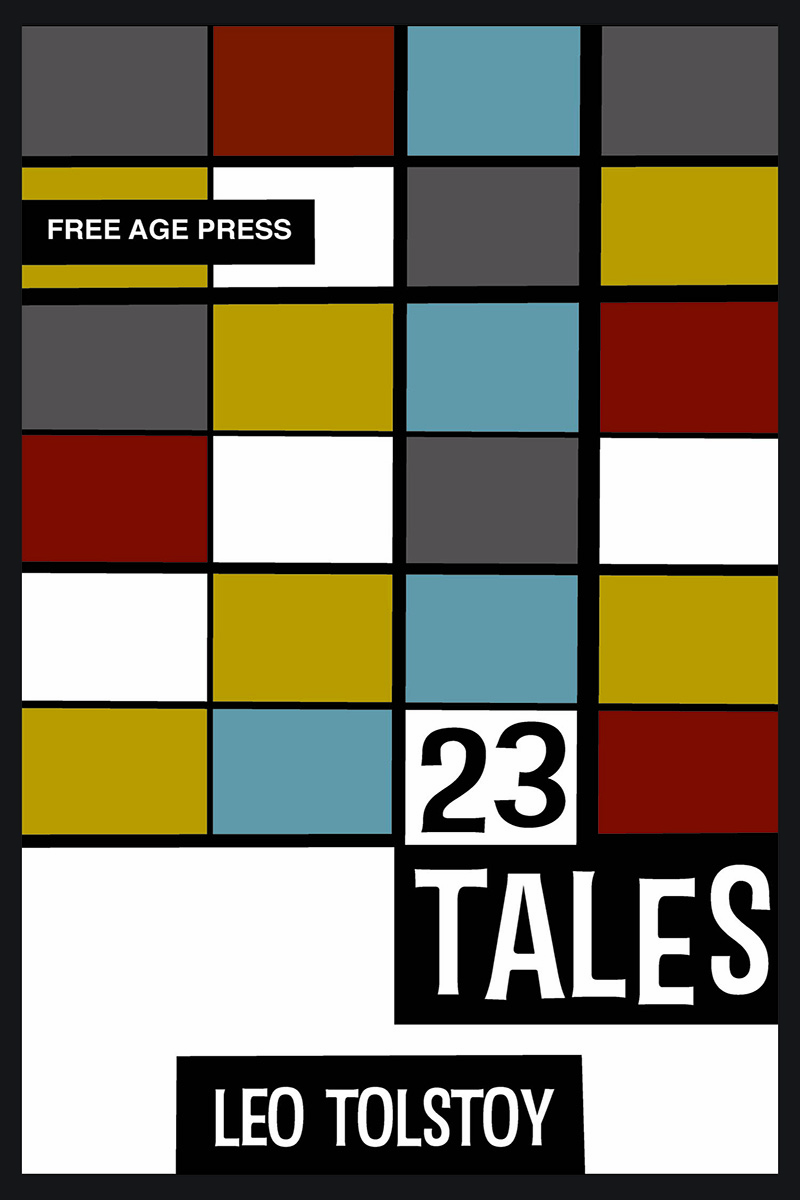Leo Tolstoy
Count Lev Nikolayevich Tolstoy, better known as Leo Tolstoy, is rightly regarded as one of the greatest writers in the history of literature. His masterpieces, War and Peace and Anna Karenina, are considered by many to be two of the most important novels ever written.
He was born in 1828 in Yasnaya Polyana, in what was then the Russian Empire, into a noble family with long-established ties to the highest echelons of the Russian aristocracy. His parents died while he was young, leaving relatives to raise him. After a brief and disappointing time at university, where he enrolled in 1844, he spent several years gambling—and often losing—in St. Petersburg and Moscow before joining the army in 1851.
He began writing while in the army and, upon leaving, took it up as his occupation. His first books detailed his life story, along with Sevastopol Sketches, which discussed his experiences in the Crimean War. By the time he had completed Sevastopol Sketches, he had returned from the first of two trips abroad that would change his outlook on life and, consequently, his writing approach and the themes of his work.
A trip to Europe in 1860–61, during which he met Victor Hugo—who had just completed Les Misérables—had a marked influence on War and Peace. On the same trip, Tolstoy also met Pierre-Joseph Proudhon, the French anarchist, with whom he discussed the importance of education for all levels of society. This revelation led Tolstoy to open up 13 schools in Russia for the children of the working class, further highlighting his growing separation from his noble roots.
War and Peace, published in 1869, and Anna Karenina, published in 1878, were universally recognised as great works. However, not long after the publication of the latter, Tolstoy fell into an existential crisis. Although not suicidal in the literal sense, he did feel that if he could find no purpose for his existence, life would no longer be worth living. He sought answers from many of his friends in intellectual and aristocratic circles, but their theories failed to satisfy him. Just as he was on the verge of despair, he experienced a moment of clarity in a dream and concluded that faith in God—understood in a spiritual, rather than institutional, sense—was the key to life’s meaning. He remained wary of the church and of those who abused religion as a tool of oppression.
He published A Confession in 1882, explaining his crisis, his search for meaning, and how he had resolved it. Two subsequent works, The Death of Ivan Ilyich and What Then Must We Do?, further reinforced his views and included strong criticism of the Russian Orthodox Church.
The culmination of his 30 years of religious and philosophical thinking was The Kingdom of God Is Within You, published in 1894. In the book, Tolstoy denounced the abuses of those in power, both in the church and in the government, which eventually led to his excommunication from the Russian Orthodox Church in 1901. Tolstoy’s central message derived from Jesus’ teaching to “turn the other cheek,” which he believed was the core of Christ’s message, particularly as expressed in the Sermon on the Mount. This doctrine of nonviolence would have a profound impact on Mahatma Gandhi, who read the book as a young man while living in South Africa.
In 1908, Tolstoy wrote A Letter to a Hindu, in which he urged the Indian people to use nonviolent resistance and love as a means to overcome British colonial rule. The letter was published in an Indian newspaper and came to Gandhi’s attention; Gandhi not only read it but also wrote to Tolstoy to request permission to translate it into his native Gujarati. The Kingdom of God Is Within You and A Letter to a Hindu helped solidify Gandhi’s philosophy of nonviolent resistance, which he later implemented in the movement that culminated in India’s independence in 1947. Tolstoy and Gandhi continued their correspondence until Tolstoy’s death in 1910.

